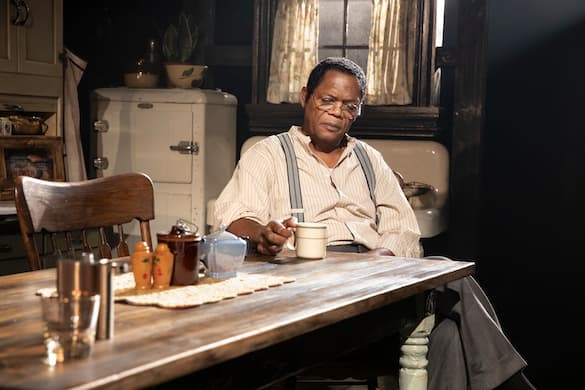
Clintons To Be Deposed in Hometown of Chappaqua Rather Than on Capitol Hill
By MATTHEW RICE
|While not all of the stellar cast of actors conjure the majestic rhythmicity of ‘The Piano Lesson’ with equal force, they are able to do justice to Wilson’s language under director LaTanya Richardson Jackson’s reverent guidance.

Already have a subscription? Sign in to continue reading

By MATTHEW RICE
|
By MATTHEW RICE
|
By TOM TEODORCZUK
|$0.01/day for 60 days
Cancel anytime
By continuing you agree to our Privacy Policy and Terms of Service.